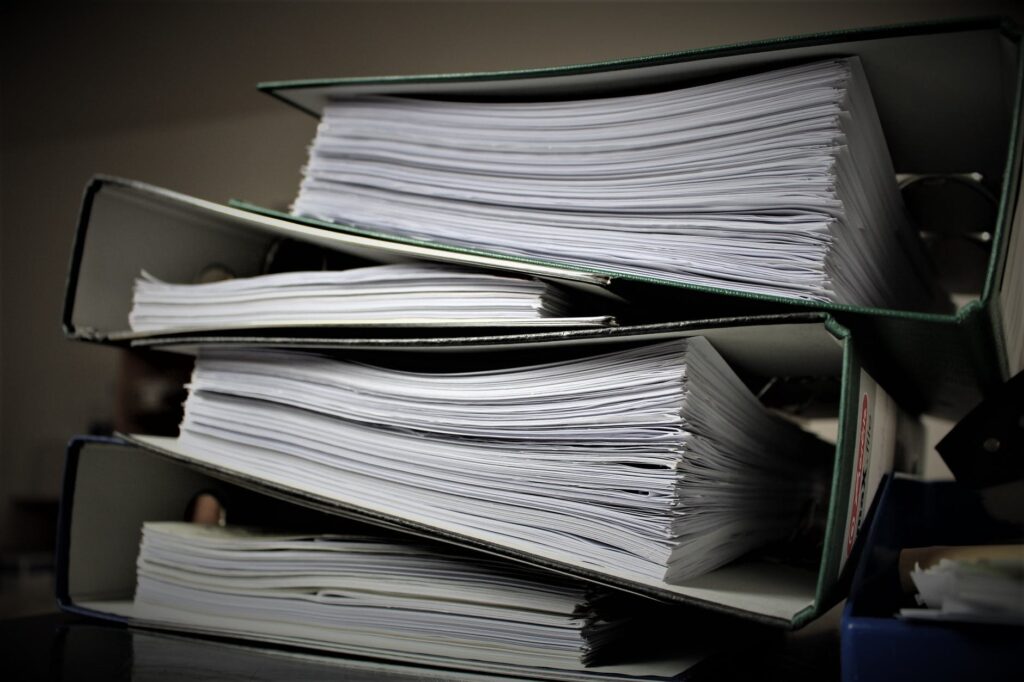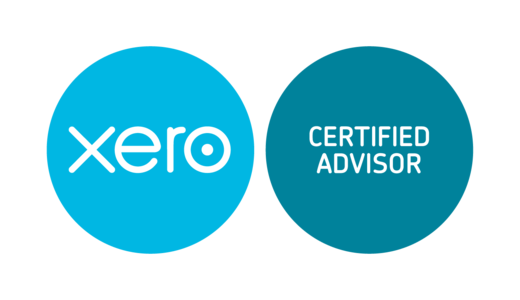
The P60 is one of the most important documents you will get during the tax year. Or, more accurately, after the end of the tax year. In short, it is a statement of your earnings and your tax paid during the preceding tax year. However, the document holds a special status, meaning that unlike other documents that you can dispose of, or even have to give to others, you should retain your P60.
Is it like a payslip or P45?
In some ways you can think of your P60 as a similar document to your payslip or P45. It’s almost an annual earnings statement from an employment. The payslip, obviously, details your pay for the period, whether you are paid weekly, monthly, or at some other interval. The P45, given to you when you leave an employer, is a similar document, stating what you have earned and the tax you have paid so far in that tax year. However, there are some key differences.
While they are all given to you by your employer, the P60 is actually based on data issued by HMRC. It is not just a statement of earnings and tax paid from your employers; it is a proof that the tax has been paid. And while all documents can be used for different purposes, for example proof of address or earnings, you should keep your P60 specifically as a record of your tax payments.
Who gives you your P60?
Although HMRC provides the information, the document will be issued by your employer. They are required, by law, to give this to you at the end of each tax year. They should issue it no later than 31 May. If you lose your P60, your employer should be able to provide another one.
Because it is issued by your employer you might get more than one if you have more than one job. In practice, your tax code should have been changed to ensure that you pay the right amount of tax. For example, you might not have to pay any tax on one job, but then on a second job will pay tax after a lower tax-free allowance. If you have more than one job, it’s particularly important to retain your P60s because they act as proof of the tax paid which you might need if the amount is not correct.
If you are self-employed, then you will not get a P60. However, you can request an SA302 from HMRC instead, this will be available once you have completed your self-assessments and will detail the earnings and tax you have declared.
Why might you need them?
For most people with just one job the P60 is just a document they should keep. However, if your tax situation is anything but straight-forward, for example you have multiple jobs, other sources of income or mix employment and self-employment the P60 will be vital in calculating your tax liability and making sure you don’t pay a penny more than you must.
Next steps
Call us on 0114 345 0960 or email info@millhouses-accountancy.co.uk for queries.
Read more on our Blog.






